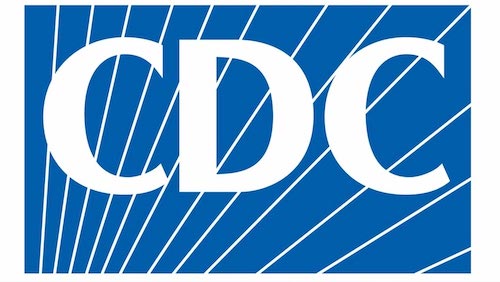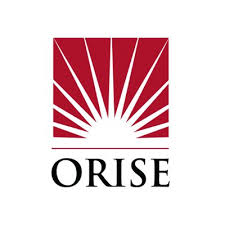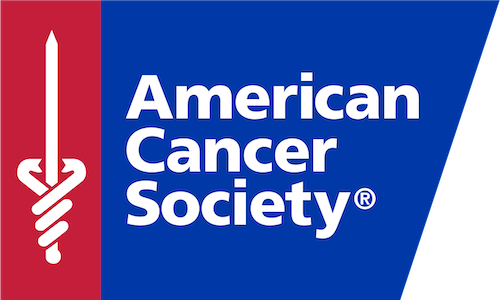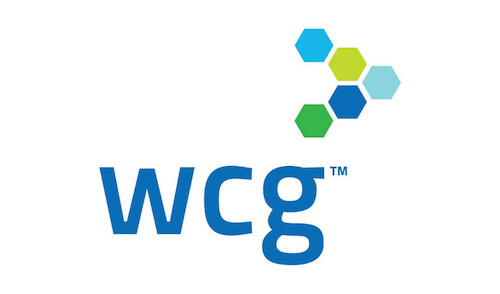The mission of the Enteric Diseases Laboratory Branch (EDLB) is to lead the preparedness and response to foodborne and diarrheal diseases in the United States and abroad by facilitating laboratory detection, identification, and characterization of foodborne bacterial pathogens.
Role:
Working at the CDC both as an onsite and remote contract employee, the role entails supporting the mission of the Enteric Diseases Laboratory Branch by supporting the applications and systems used to analyze whole genome sequence data (WGS) generated from foodborne bacteria. In this role, the candidate will work as a part of a multidisciplinary team to develop, maintain and support software applications and systems used in CDC’s national foodborne illness surveillance program called PulseNet. The candidate will apply their experience in software programming and bioinformatics to design and develop genome analysis tools that will be deployed to public health labs for characterizing bacterial pathogens. Additionally, the candidate will leverage their experience in systems infrastructure and AWS to containerize existing applications for deployment to a cloud-based infrastructure. This role requires the candidate to wear many hats in support of the team’s overall mission so multi-tasking and/or flexibility across multiple areas.
Education:
— Bachelor’s degree in STEM or related field a must (i.e. Computer Science, Computer Engineering, Information Technology, Mathematics, Biology, or Bioinformatics)
– Master’s degree in STEM or related field preferred (i.e. Computer Science, Computer Engineering, Information Technology, Mathematics, Bioinformatics)
Recommended Experience:
-Strong knowledge of Python, Bash, or other scripting languages
– Strong knowledge of Unix systems
– Comfortable working in medium to large code bases utilizing object-oriented programming
– Experience with High Performance Computing (HPC) environments
– Experience with cloud computing and storage environments (AWS preferred)
– Experience in Bioinformatics, especially related to analyzing whole genome sequence data
– Experience with containerization (working knowledge of Docker or Singularity platforms)
– Some experience with database management systems (MySQL, SQL, Postgres)
– Some experience with version control system (Git)
Role Functions:
– Assists with data management systems to track foodborne bacterial isolates sequence data generated both by CDC and public health partners and provide reports in compliance with EDLB Quality Management Systems, Laboratory Information Management Systems, or Quality Assurance and Quality Control Programs
– Assists with or leads the development and implementation of tools for bioinformatics analysis of bacterial whole genome sequences
– Assists with or leads the quality control, assembly, annotation and analysis of genetic subtyping data
– Assists in the research and development of approaches for the identification of unique genetic markers of foodborne bacteria pathogens to improve understanding of enteric pathogens
– Assists with or leads the management of genetic subtyping data sequence files and databases, including uploads to NCBI or other similar sequence data banks
– Assists with or leads coordinating and conducting state of the art laboratory surveillance by developing, evaluating and implementing pathogen subtyping and antimicrobial resistance maintaining global leadership in the laboratory sciences
– Assists with or leads the development and documentation of standard operating procedures for bioinformatics analyses pipelines and workflows
-Is a team player and has strong written and oral communication skills
-Travels to 1) provide training to enhance the capacity of the local/international public health sector 2) provide outbreak response efforts during national and international foodborne disease outbreaks 3) present findings at scientific meetings. Note. All travel must be approved and funded by the Contracting Officer prior to travel and
Job Type: Full-time
Pay: $65,000.00 – $85,000.00 per year
Benefits:
- 401(k)
- 401(k) matching
- Dental insurance
- Employee assistance program
- Flexible schedule
- Flexible spending account
- Health insurance
- Life insurance
- Paid time off
- Vision insurance
Schedule:
- 8 hour shift
- Monday to Friday
Education:
Work Location:
This Job Is Ideal for Someone Who Is:
- Dependable — more reliable than spontaneous
- People-oriented — enjoys interacting with people and working on group projects
- Adaptable/flexible — enjoys doing work that requires frequent shifts in direction
- Detail-oriented — would rather focus on the details of work than the bigger picture
- Achievement-oriented — enjoys taking on challenges, even if they might fail
- Autonomous/Independent — enjoys working with little direction
- Innovative — prefers working in unconventional ways or on tasks that require creativity
This Company Describes Its Culture as:
- Detail-oriented — quality and precision-focused
- Innovative — innovative and risk-taking
- Outcome-oriented — results-focused with strong performance culture
- Stable — traditional, stable, strong processes
- Team-oriented — cooperative and collaborative
Benefit Conditions:
- Waiting period may apply
- Only full-time employees eligible
Work Remotely:
- Temporarily due to COVID-19
To learn more and apply click here!






Recent Comments